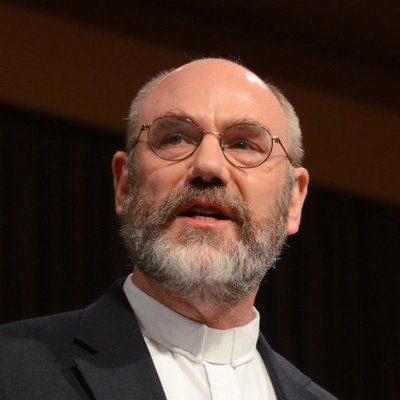Is Western Civilization over? Has it come to an end like all of the others? And, if so, what does that mean for Christianity and the church?
Nevertheless, Leithart remains optimistic. Civilizations have risen and fallen before, he reminds us. And yet the church of the Old Testament and the New remains. Not only that, it keeps renewing itself and the society around it:
Our historical moment exposes the limits of conservatism. How can conservatism guide us when there’s nothing left to conserve? Ours isn’t the first such moment. Western history is pocked with revolution, epochs when ancient regimes were demolished, when settled beliefs were turned upside down, when things fell apart and all that was solid melted into thin air. The Roman empire girdled the Mediterranean, but it’s gone. Western Christendom was a miraculous achievement, but it died. Byzantium was all gilded splendor, but now lies in a gilded grave. Protestant Europe gave way to the Enlightenment. Each time the world went on, differently.
This is why Kingsnorth is right to point us beyond conservatism to Scripture. Biblical faith can meet cultural dissolution in a way no merely conservative agenda can. Israel survived Egyptian slavery, the chaos of the judges, the end of the Davidic monarchy, Babylonian exile, and Antiochus Epiphany. The church thrived during the collapse of Rome, converting the invading barbarians and preserving what fragments of antiquity she could pick from the rubble. Europe remained Christian after its Reformation break-up, and the modern missions movement took off during the heyday of Enlightenment and secularization. When worlds fall to ruins, the church is the catalyst of rebirth. Jesus’s promise has proved true: The serpent’s forces do their best, but the gates of hell cannot prevail against the church.
This, he says, is because of the Holy Spirit:
Throughout her history, the church has followed the Spiritual trajectory set by Acts. She scrambles to keep pace with her dreamers and wild visionaries—her Constantines and Charlemagnes and Alfreds, her Gregories and Patricks and Benedicts and Francises, her Thomases and Luthers, her Wesleys and Hudson Taylors. Guided by the Spirit of Pentecost, Christianity is neither revolutionary nor conservative, but also neither anti-revolutionary nor anti-conservative. It’s something other, supple enough, alive enough, Spiritual enough to recover what can be recovered and to innovate when nothing can be recovered. By the Pentecostal Spirit, the church is, like our God, ever old, ever new.
Kingsnorth is right: We must grasp the gravity of our moment. The West isn’t sick. It’s dead, and we should heed Jesus’s exhortation to “let the dead bury their dead.” Our calling in the wasteland isn’t to conserve but to keep in step with the Spirit, hoping, boldly and joyfully, for resurrection.
I’m not convinced, though, that there is nothing to conserve. Or that Western civilization has no life in it and cannot be conserved. I’ve seen too much life in the classical education movement.
When the Greco-Roman civilization fell to the barbarians, the church kept learning alive, preserving the best of that civilization while Christianizing it. When the Medieval civilization decayed, the church did that again, bringing the culture back to life with the help of the Renaissance rediscovery of the classics and the Reformation rediscovery of the Bible, both of which involved learning once again the ancient languages. Maybe something similar is on the verge of breaking out today, as modernist and postmodernist education collapses in on itself, while Christians are, once again, keeping learning alive until we can convert the barbarians.
But I think Leithart’s essay is bracing. We keep forgetting about the power of the Holy Spirit.
Happy Pentecost, the season that we are in!
Photo: Peter Leithart via Twitter














